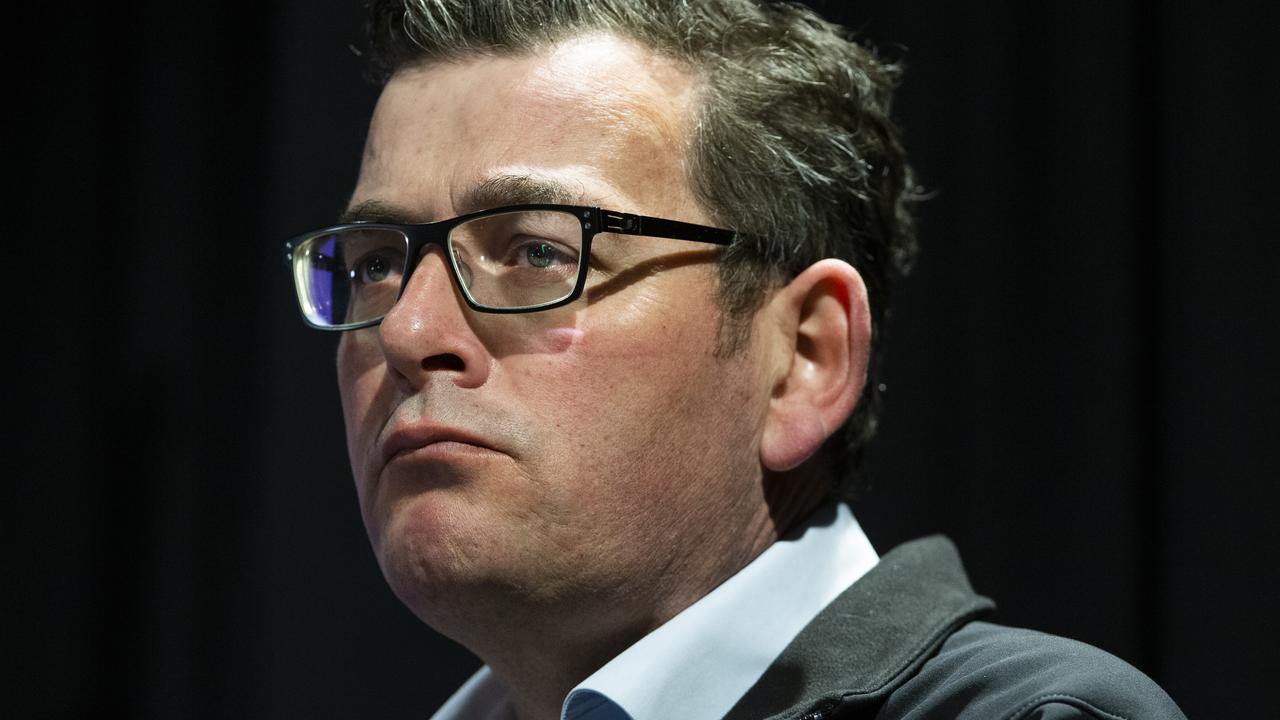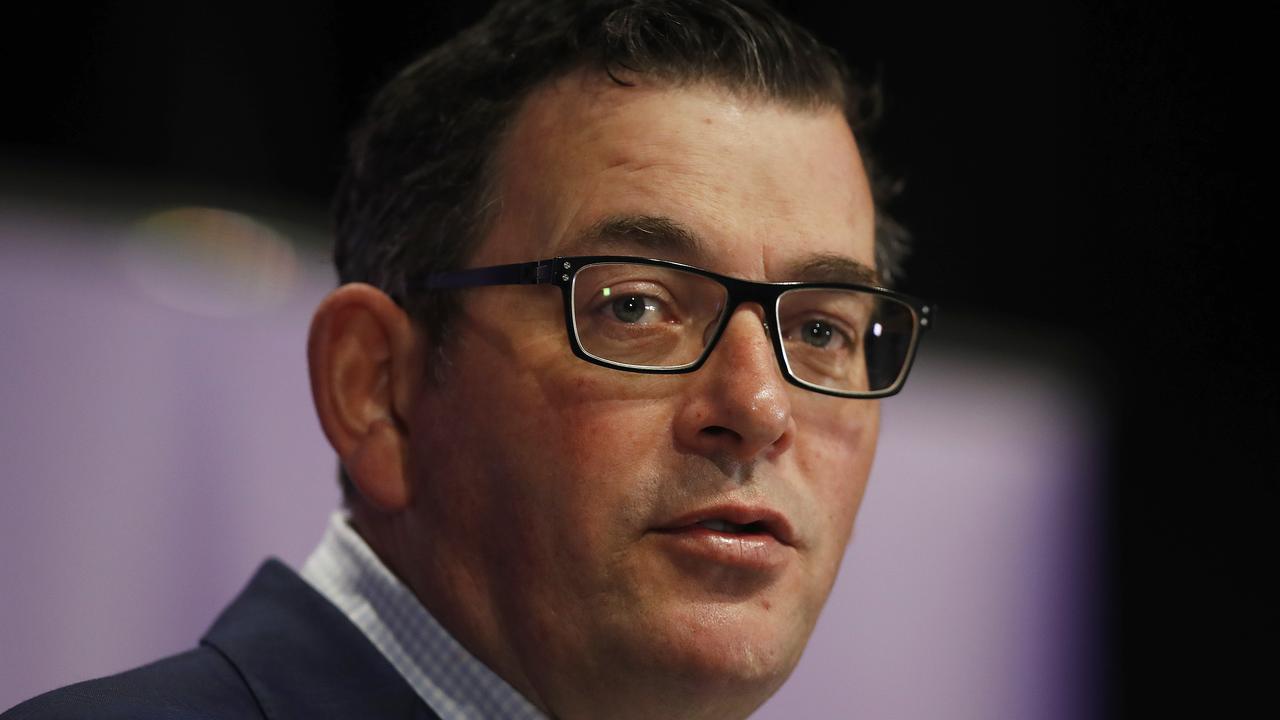How Anthony Albanese’s move on John Setka has backfired
When Anthony Albanese, breezily announced he was moving to expel union heavyweight John Setka, it seemed a formality — except it hasn’t been and things are getting ugly, writes James Campbell.
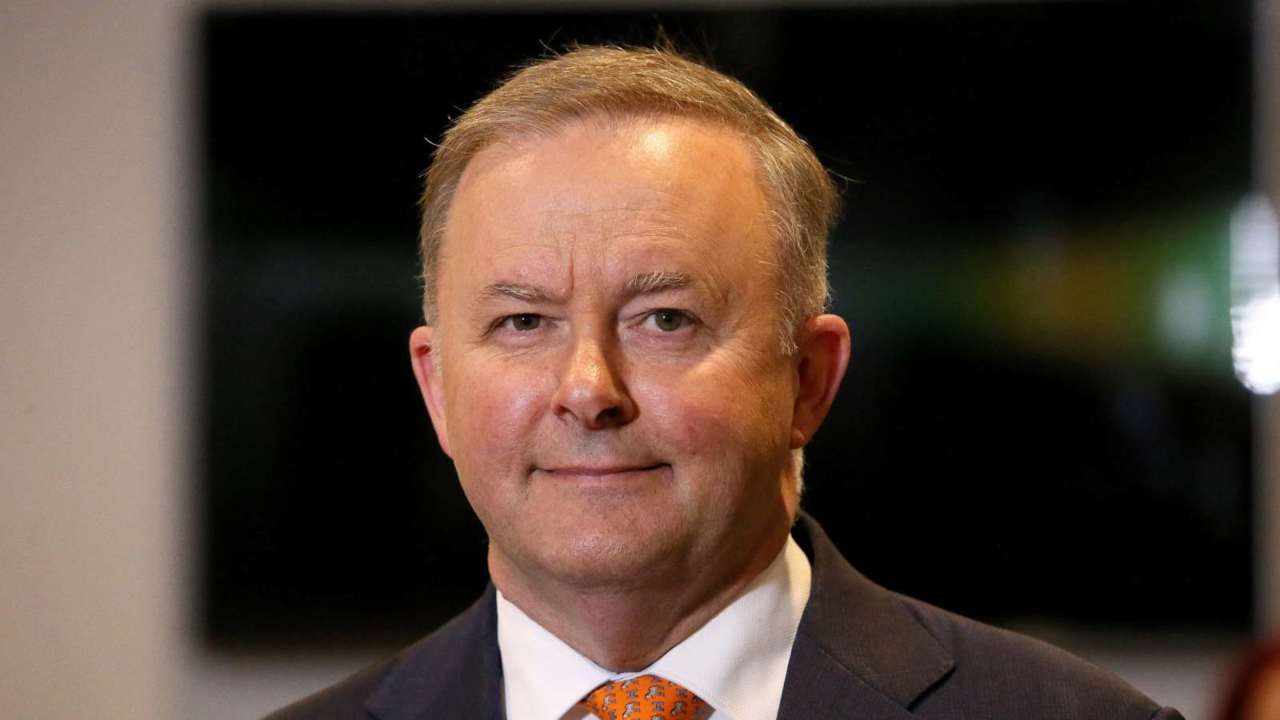
James Campbell
Don't miss out on the headlines from James Campbell. Followed categories will be added to My News.
Almost five weeks since Scott Morrison’s surprise victory, all the action is still on the Labor side of politics.
Most entertaining of course has been the attempted hit on the CFMEU boss John Setka.
When a couple of weeks ago, the newly crowned Anthony Albanese, breezily announced he was moving to expel the union heavyweight, it seemed a formality.
But while Setka’s removal from the party would be appear to be a done deal, it’s becoming clearer by the day that extracting him from his job as Secretary of the Victorian Construction Division is far from assured.
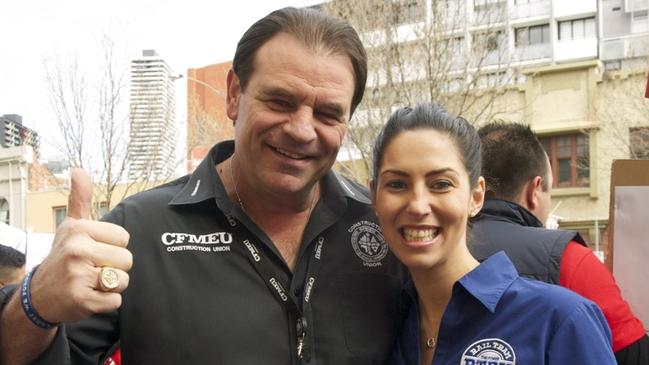
Not only have his members and a bunch of fellow trade union bosses lined up to back him, with the Rail, Tram and Bus Union’s Luba Grigorovitch yesterday joining their ranks with a carefully-worded statement, Victorian Premier Daniel Andrews has made it clear he’s keeping out of the mess.
Grigorovitch’s intervention is an ominous sign for the anti-Setka forces. Along with the CFMEU, the RTBU is one of the unions which last year broke away from the Socialist Left in Victoria to form the new grouping called the Industrial Left.
Until all this blew up, the IL had been growing in size and reach in alliance with the Right.
The relationships at the core of this group are now shredded beyond repair, such that even if Setka himself exits, it is clear from the support he has received from the membership that he will be replaced by someone of a like mind. Either way it would appear to be RIP IL.
And there’s still an outside chance that as long as Setka manages to stay out of jail, he will survive, wounded, angry and continuing to cause trouble.
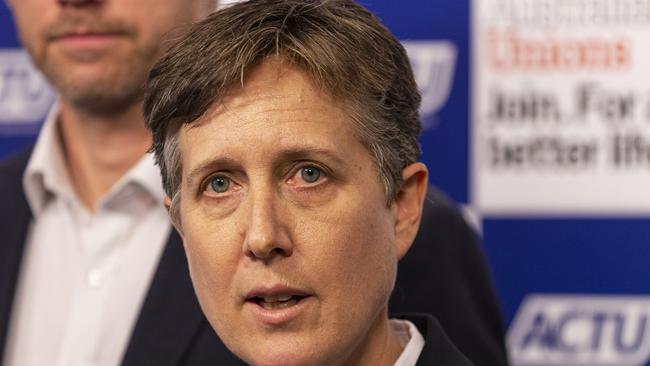
In which case the only outcome of Albanese’s intervention, aside from the meaningless gesture of the cancellation of Setka’s ALP card, will be the humiliation of the ACTU boss Sally McManus, who has weighed in on his behalf, and the poisoning of relations between the new ALP leader and a large chunk of the trade union movement and his party in Victoria.
Meanwhile, the Morrison Government and the state opposition — from whom not much has been heard this past half year — have been having a fine old time rubbing Labor’s noses in it.
Not a bad start for his first month in the job. But while the Setka mess has been good theatre, it’s essentially an embarrassing sideshow for Albanese, compared to the dangerous waters he’s in on the government’s proposed tax cuts which will be item number one for Scott Morrison when the new parliament meets for the first time next month.
Labor went to the election pledging to support the first stage of the government’s income tax plan — the grand in the hand most of us were meant to get at the end of this financial year but now won’t be getting immediately because they can’t be legislated in time.
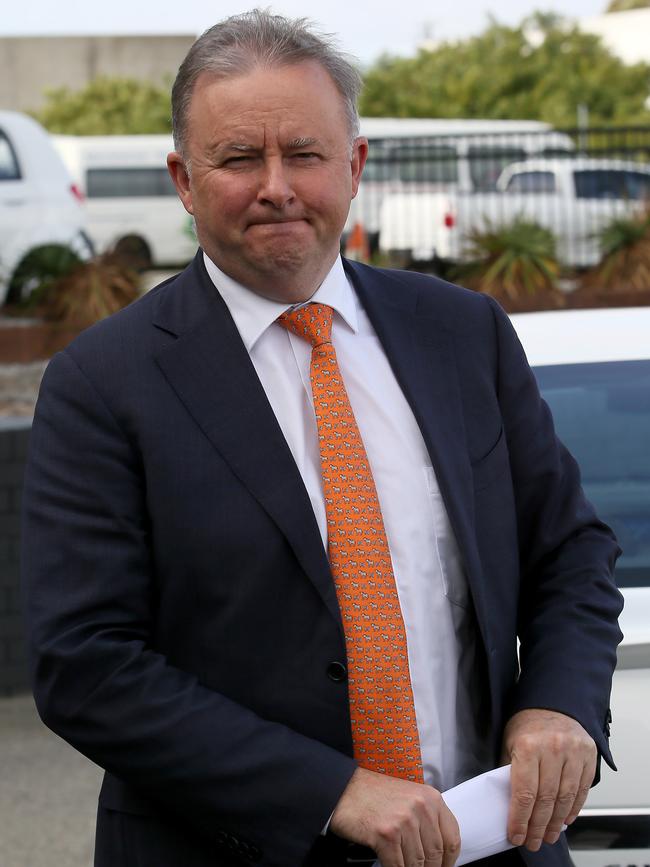
The government is planning to put these tax cuts in a single bill with a second and third tranche that don’t kick in for several years, and offer it to the Senate on a take-it-or-leave-it basis.
Labor has been talking about negotiating to split the legislation so that the first round gets through while reserving its right to oppose the later tax cuts.
The government, as you can imagine, is having none of it. Its position is that it took these tax cuts to the election and it has a reasonable expectation that they will be passed in full.
Moreover it has the whip hand in a legislative sense because it has total control over the form the bill takes in the Senate.
The critical thing to understand about this stand-off is that it is not just — or even really — about the tax cuts from this year’s Budget which the government will bring before the Senate next month, but the large tax cuts which the Turnbull government legislated in 2018 when Morrison was treasurer.
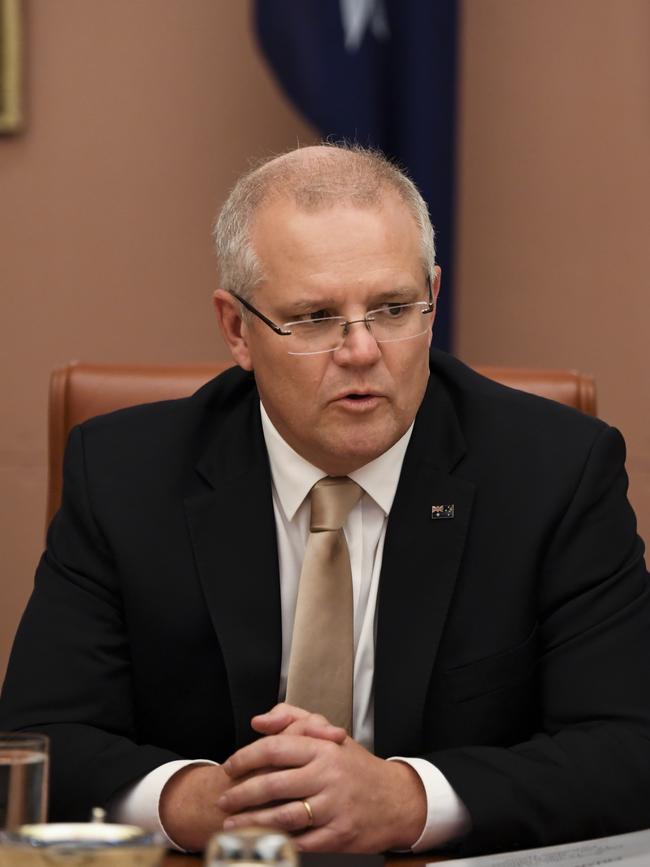
The largest and most important part of these tax cuts, which overwhelmingly favour high income earners, are not due to kick in until 2024 — in other words, after the next federal election.
Labor’s position at last month’s election was that if it won, it would seek to repeal these tax cuts. So if Labor backs the government’s present legislation it is not just accepting these tax cuts but in effect giving up on its plan to repeal what the parliament has already passed. And from conversations with Labor MPs, it is clear that a number of them are frightened Albanese and his leadership group are seriously thinking about voting against the government’s legislation and holding onto the position they took to this election.
Because while it was one thing to go to this election vowing to repeal tax cuts on what they called the “never-never” it will be another thing to go to the next election vowing to repeal legislated tax cuts that kick in following that poll.
MORE: WE HAVE TO PASS FULL TAX CUTS, SAYS LABOR MP
In other words, how Albanese, his shadow cabinet and caucus jump on this question will effectively frame the entire tax debate for the next three years and possibly beyond. As one Labor MP said this week, “Albo has to be careful — there’s a lot of risk attached to this, a lot of risk … He could get his card marked hard by the public.”
JAMES CAMPBELL IS NATIONAL POLITICS EDITOR


